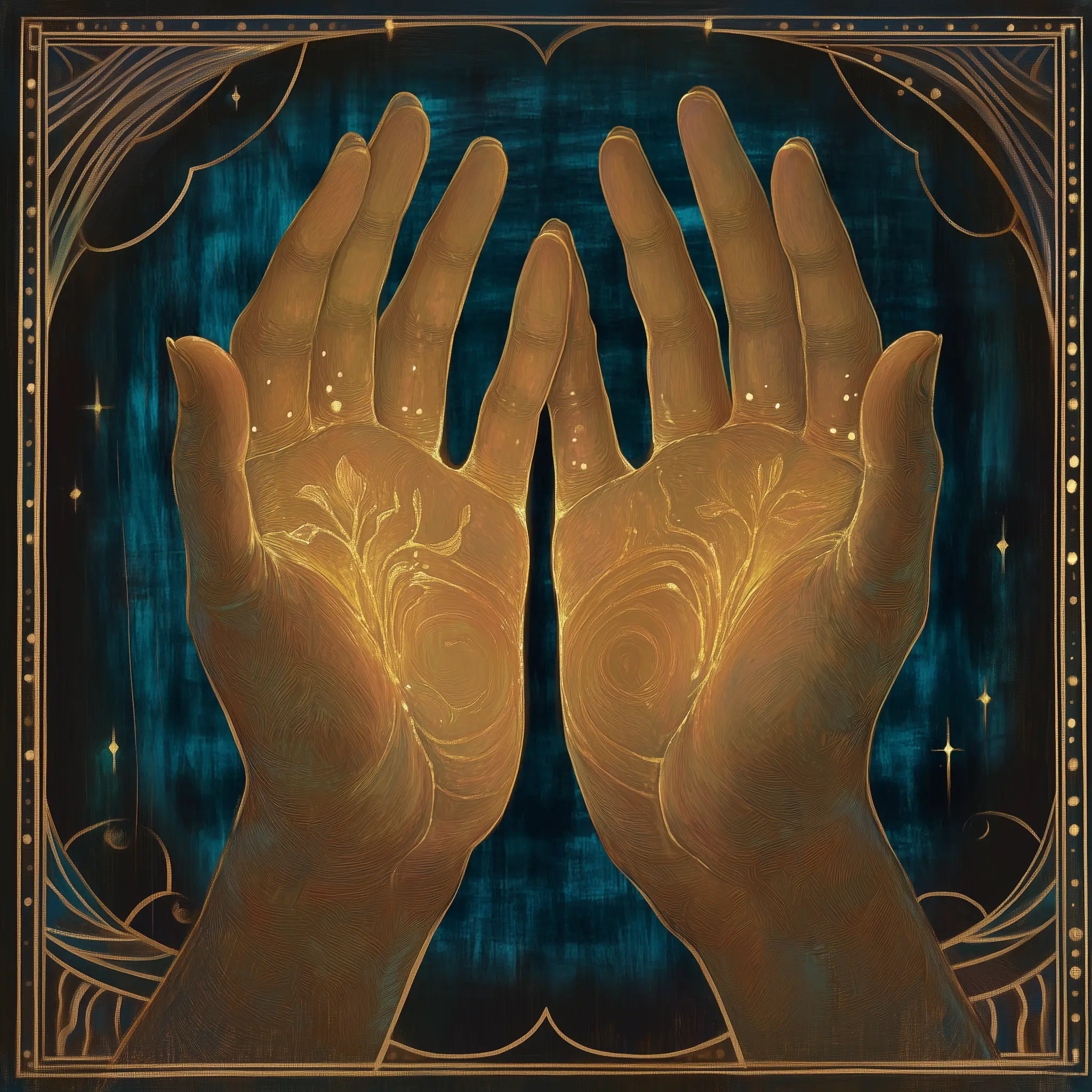What is Reiki?
Energy healing practices date back thousands of years and can be found in many ancient cultures across the world. The concept of using life force or energy for healing is deeply rooted in spiritual traditions from diverse civilizations, including Ancient Egypt (around 3000 BCE), Traditional Chinese Medicine (around 3000 BCE), Ayurveda (around 2000 BCE), Greek and Roman traditions (around 500 BCE – 100 CE), Native American traditions, early Christian healing practices, and, finally, Reiki (Japan, early 1900s).
Reiki is a healing practice that focuses on balancing energy within the body. It was developed by Mikao Usui, a Japanese Buddhist monk, who is credited with discovering the method after a period of deep meditation and spiritual exploration. He is said to have experienced a spiritual awakening during a 21-day retreat on Mount Kurama, which led to the development of Reiki as a healing practice. While Reiki became known as a system for energy healing, Usui’s teachings were later expanded upon by other practitioners, and it gradually spread beyond Japan to the rest of the world. The system has evolved, and today, many variations of Reiki are practiced globally.
The word “Reiki” translates to “universal life energy” in Japanese. This therapy can be practiced through direct contact or remotely, using techniques such as visualization. The goal is to enhance the flow of energy within the body, benefiting not just humans, but also animals and plants. Practitioners are trained to sense disruptions in this energy, which can influence a person’s mental, emotional, physical, or spiritual health. Reiki is commonly used to relieve stress, ease pain, manage illness symptoms, or simply induce a sense of relaxation and calm.
Possible benefits of Reiki*
Reiki can help clear mental fog and improve focus and concentration, providing a clearer state of mind.
Increased Energy: Some people report feeling more energized or revitalized after a Reiki session, as it may help remove energy blockages and promote the smooth flow of life force energy (or “Qi”).
Donation
- $50-60 1hr Reiki Session
- In-home sessions available
- Add 10 min Feather & Flow for $10. Each additional minute is $1
Take a look at Dr. Emoto’s water study to see how energy can affect your well-being!
*Reiki’s effectiveness can vary from person to person. It is not a replacement for medical treatment but can complement other forms of healing.
